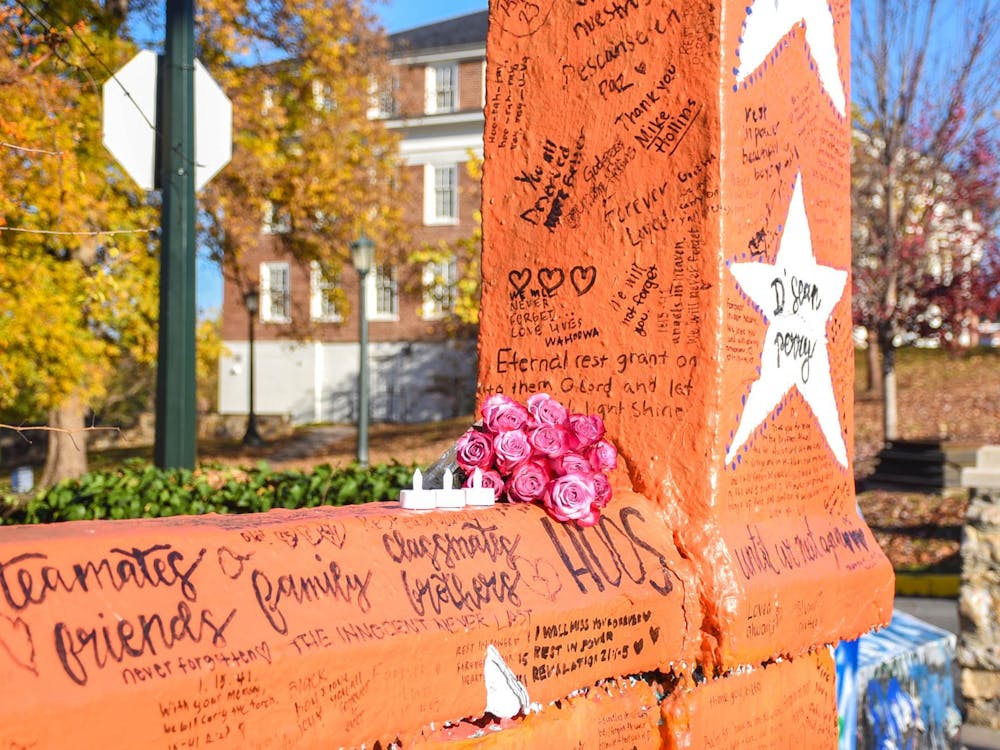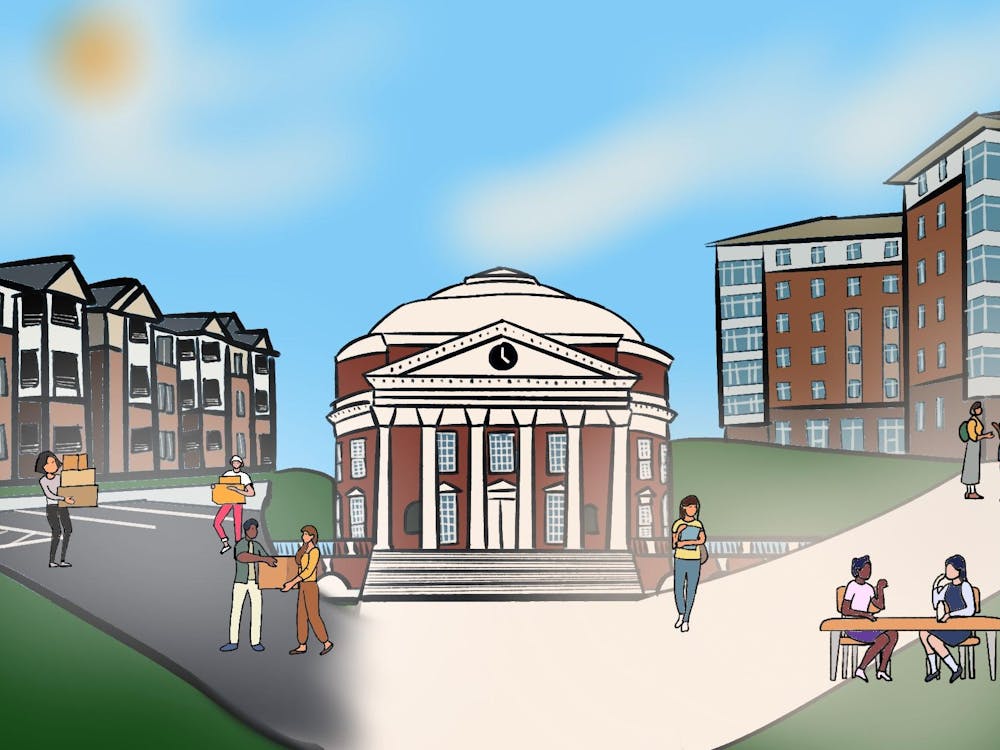Fair warning: This column is about honor. By the time this article runs, voting on the proposed reforms of the honor system will be under way and The Cavalier Daily’s incessant coverage on honor will likely be winding down. Before we close the discussion, however, I would like to address a final point. I don’t want to talk about what the result of the vote will or should be. Rather, I’d like to argue that regardless of the decision students make this week on whether or not to approve the Restore the Ideal Act, the honor system will remain an integral part of the University community beyond its role as a guard against cheating. It pains me to hear people speak of our “broken system” just because we may be in need of some administrative and legislative tweaks. The honor system is more than a committee that punishes wrongdoers. It is more abstract, more broad. The honor system is the basis for our community of trust, and that community has value above and apart from the committee or its trials.
The honor system is one of my favorite parts of the University. It was near the top of my pro-con list as I decided upon a college, and during my short time at the University my overt trust of my peers and professors has been validated again and again. At the risk of embarrassing myself, I will admit that I lost my wallet — credit card, student ID, cell phone and all — three times last semester. On all occasions, my possessions were returned within the day. I’ve come to believe this is truly the norm at the University.
The honor system lends itself to our sense of community, of camaraderie and of security. The fact that honor, honesty and trust are pillars of our University says a lot about the school as a whole. Our honor system helps to define us as students and as people. And while it may be intangible, the effect of the honor system is not insignificant.
Our experience at the University would be vastly different were the honor system not to exist, and its effects on our daily lives will be the same regardless of whether the reforms are passed. When the majority of your student body buys into the idea of an honor code and agrees to abide by it, you can feel comfortable leaving your laptop in the library while you run to Newcomb to grab lunch. You can feel safe collaborating with your peers and sharing ideas without feeling your intellectual property is at risk. Professors can grant you the privilege of working on an exam during a weekend or outside of a stuffy lecture hall without worrying you will consult your notes or Google.
Beyond concrete manifestations of the honor system such as these, the ideal of honor fosters friendliness and kindness on Grounds. Obviously, the honor ideal is just that: an ideal; a romanticization of the actual situation at the University. There are untrustworthy people and people willing to sacrifice their integrity for a grade or some advantage. But I would like to believe that these people comprise a small minority of our university population. On the whole, the fact we can trust each other allows us to form friendlier, healthier relationships with each other. To behave Honorably (capital H) is often to behave kindly as well. The spirit of Grounds is happier and less stressful because we don’t need to worry about ruthless competition or deceitfulness.
The students at our University are not good people solely because of the honor system. Many of them undoubtedly joined the community of trust already ingrained with an appreciation for the moral values that the honor code stipulates. But honor is about consolidating all of our individual morals and decision-making processes into a comprehensive system. It is about agreeing to a standard of behavior and conduct that is respectable and beneficial to the community as a whole. I believe in honor, although again, I am speaking of it in its idealized form. It has worked for me and many of my friends, but that doesn’t mean that it works all the time. Maintaining honor is a constant task, not a one-time signature on a piece of paper at Convocation. Anecdotal evidence can only prove so much, but the statistics are also on my side: The “Honor 2013” web site reports that 74 percent of University students feel positively about the system.
The honor system has been subject to a lot of criticism recently, and rather than talking of “restoring the ideal,” by whatever means, I think students should take a moment to acknowledge the successes of the system that already exists. Having honor as part of our foundation helps to create the University culture that we hold so dear, and our foundational values will not change even if the execution of these values during trials leaves something to be desired.
Ashley Spinks is an Opinion columnist for The Cavalier Daily. She can be reached at a.spinks@cavalierdaily.com.






